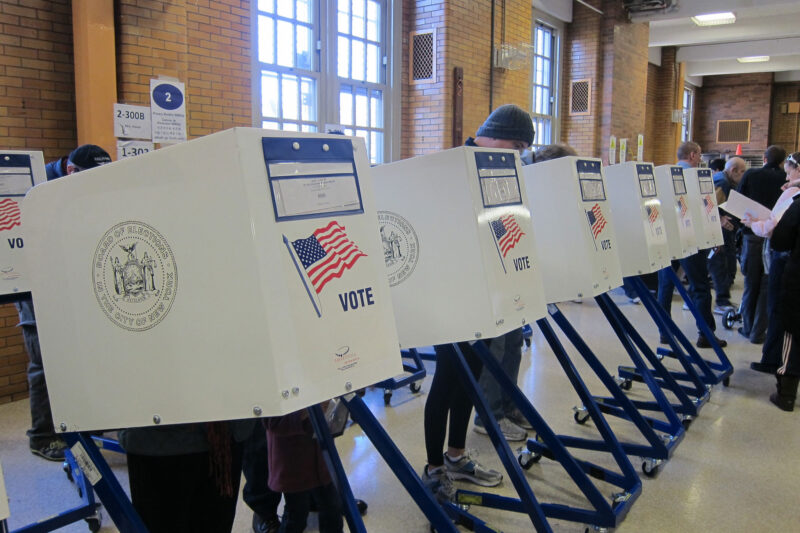
A version of this article originally appeared in STAND Magazine, a publication for ACLU members and supporters.
FOR MORE THAN HALF A CENTURY, “one person, one vote” has been essential to American representative democracy. Key to preserving equal representation is redistricting, occurring most broadly every 10 years. The decennial census records population changes, which states must reflect in legislative districts to make the democratic process fair.
But in many states this is a highly partisan process that is not always fair or in voters’ interests, says Laughlin McDonald, ACLU special counsel, who has fought voter suppression for decades. “Somewhere down the line they may consider the interest of the voters, but that’s not really what drives the process,” he says.
Without Section 5 of the Voting Rights Act, states are now free, without federal oversight, to make election-related changes that could adversely affect racial and language minorities.
The battle for voting rights never ends.
The battle for fair and proper districts is a major undertaking, and the ACLU is leading the way.
ACLU efforts include supporting the creation of impartial and independent redistricting commissions. The organization's efforts were victorious in July of 2015 when the Supreme Court ruled Arizona citizens were free to use a ballot initiative to take the redistricting process out of the hands of legislators. The ACLU filed a brief in the case, defending the constitutionality of such commissions. Justice Ruth Bader Ginsberg referenced the brief in her opinion in the case.
"We're already in the middle of a decade, and we're still fighting over the district lines," says ACLU Voting Rights Project Director Dale Ho, referring to pending 2010 legal action. "The battle never ends."



